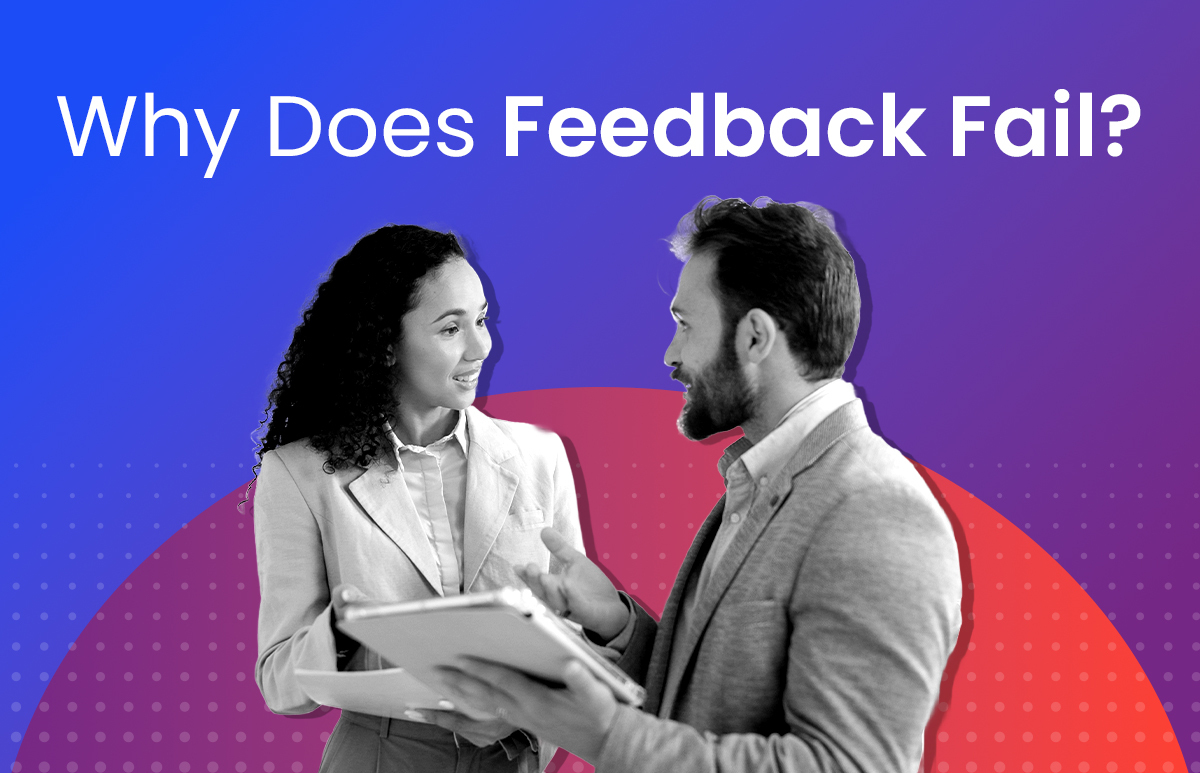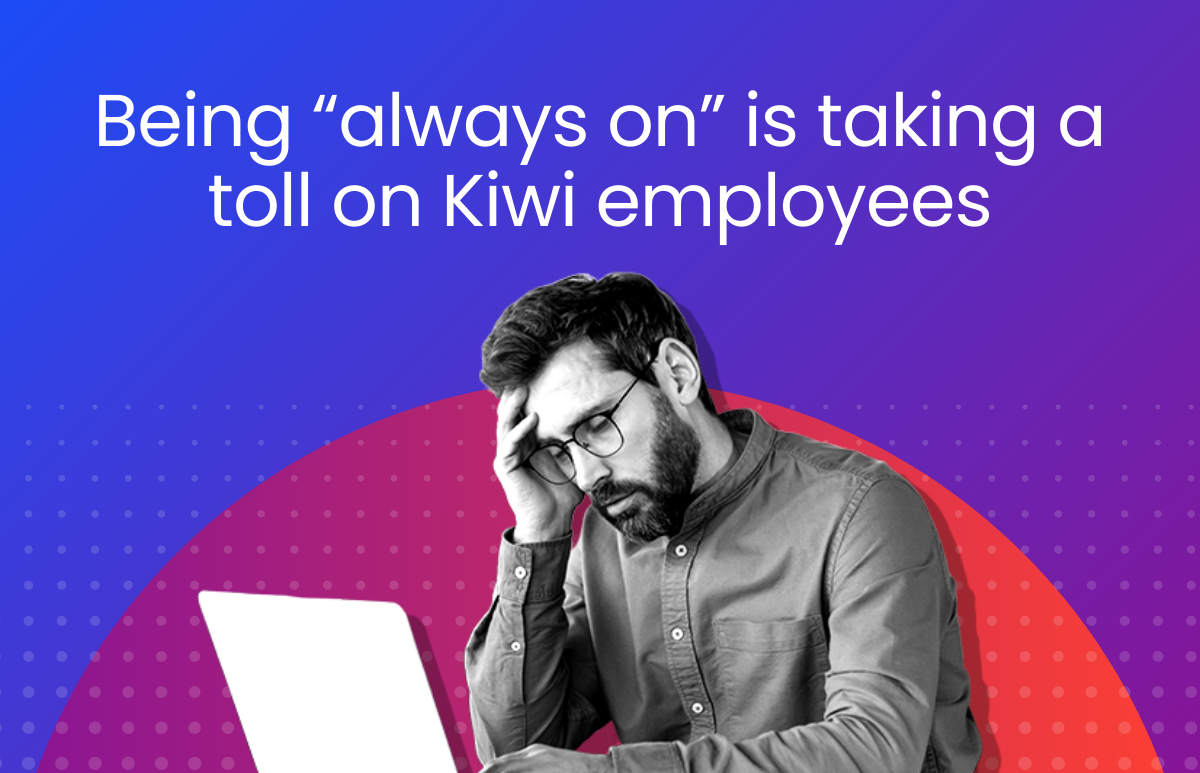Develop and retain your top performers

Even at the best of times, recruiting and training new staff is a costly expense for a business. However, the longer that staff stay with an organisation, the higher the return on investment. Research shows that employees who feel supported and have high job satisfaction levels are more likely to stay. This support can come from training, coaching, mentoring and peer support.
Those provided with ongoing development and opportunities for advancement, both in terms of upward mobility and diversity in their role, feel valued by the business. Creating this environment where employees are valued and feel empowered in their role promotes retention.
The current environment wrought by the global pandemic is the perfect opportunity to invest in your employees – especially those you value highly, such as high performers or high potential employees. With remote working now the norm, employees may have more time to develop their skills, and it’s something that will assist the business in the short- and long-term.
Why should we care about employee development?
Developing employees has a positive effect on relationships within a business because employees feel that the organisation is invested in their professional growth. Effective employee development engages staff, driving productivity and general staff morale.
Creating a learning culture promotes the continuous development of existing skills and encourages staff to stay on top of industry trends. This development teaches employees how to adapt and respond in an agile environment, strengthening innovation in your organisation. At ELMO, we are working on a series of staff engagement strategies that provide ongoing development and clear paths for advancement.
Best practices for employee development
- Focus on individual learning – There will always be development programs that are run across the business for groups such as ELMO’s own Emerging Leaders Program. However, employees should be encouraged to develop their own individual learning plan. This plan may outline the skills and knowledge required to continue growth in their current role or plan for advancement and promotion.
- Provide an opportunity for peer learning – Identifying ‘experts’ in the business who can share their knowledge provides a feeling of value. Peer learning can take many forms such as one-to-one coaching, discussion groups, online forums and brown bag presentations (an informal meeting or training session that often occurs at lunchtime). This style of learning promotes an environment of collaboration and connection which assists with staff retention. People want to work where they feel valued.
- Build company culture – This is easier said than done in a diverse workplace with many personalities, ethnicities and beliefs – but it’s important. Building culture is done by developing a set of values and beliefs for the business that all employees want to subscribe to. Great company culture is more than providing table tennis, pool, or other games in a common area. It is about creating an environment where employees understand synergies they share as well as challenges faced in other parts of the business.
These are just a few tips that assist in creating loyalty and promoting engagement, productivity and retention. Creating a workplace where people want to be supports motivation, problem-solving, commitment and a feeling of inclusiveness.
What we’re doing at ELMO
Here at ELMO, we are committed to developing effective team leaders and managers and to facilitate this, we have created a four-stage Emerging Leaders Program. The first stage is open to all employees and is targeted at increasing skills and knowledge through the completion of core modules and a selection of electives.
Theory modules focus on team members wanting to increase their knowledge in the categories of Leadership and Management, Talent Management, Finance, Customer Service as well as Communication and Personal Development. Once the theory has been completed, these team members can register interest in joining team projects in these areas, putting theory into practice.
Stages two, three and four are currently in a pilot phase. Stage two is for stage one graduates and those team members wishing to progress to team leads, by nomination of their Head of Division. This in-house coaching program brings together small groups to delve deeper into soft skills. It addresses:
- Self and social awareness
- Framing communication
- Active listening
- Empathy
- Motivation and team building and,
- Clear vision and purpose.
Team leads that are ready to move into management roles can be nominated for Stage three. It’s a mentoring program that uses a CliftonStrengths Analysis of both the mentor and mentee. Stage four examines external programs in Executive Coaching and Higher Education Programs for managers looking to transition to C-Suite positions.
ELMO Cloud HR & Payroll’s end-to-end solutions streamline the entire employee lifecycle, from hire to retire. ELMO addresses all key employee-employer touchpoints, including hire, retain and learning and development, allowing leaders to better manage workers and continually develop strategic solutions to enhance business performance. To find out more, contact us.
This article was written by Jayne Bachelor, Learning and Development Manager at ELMO Cloud HR & Payroll.
 HR Core
HR Core 









